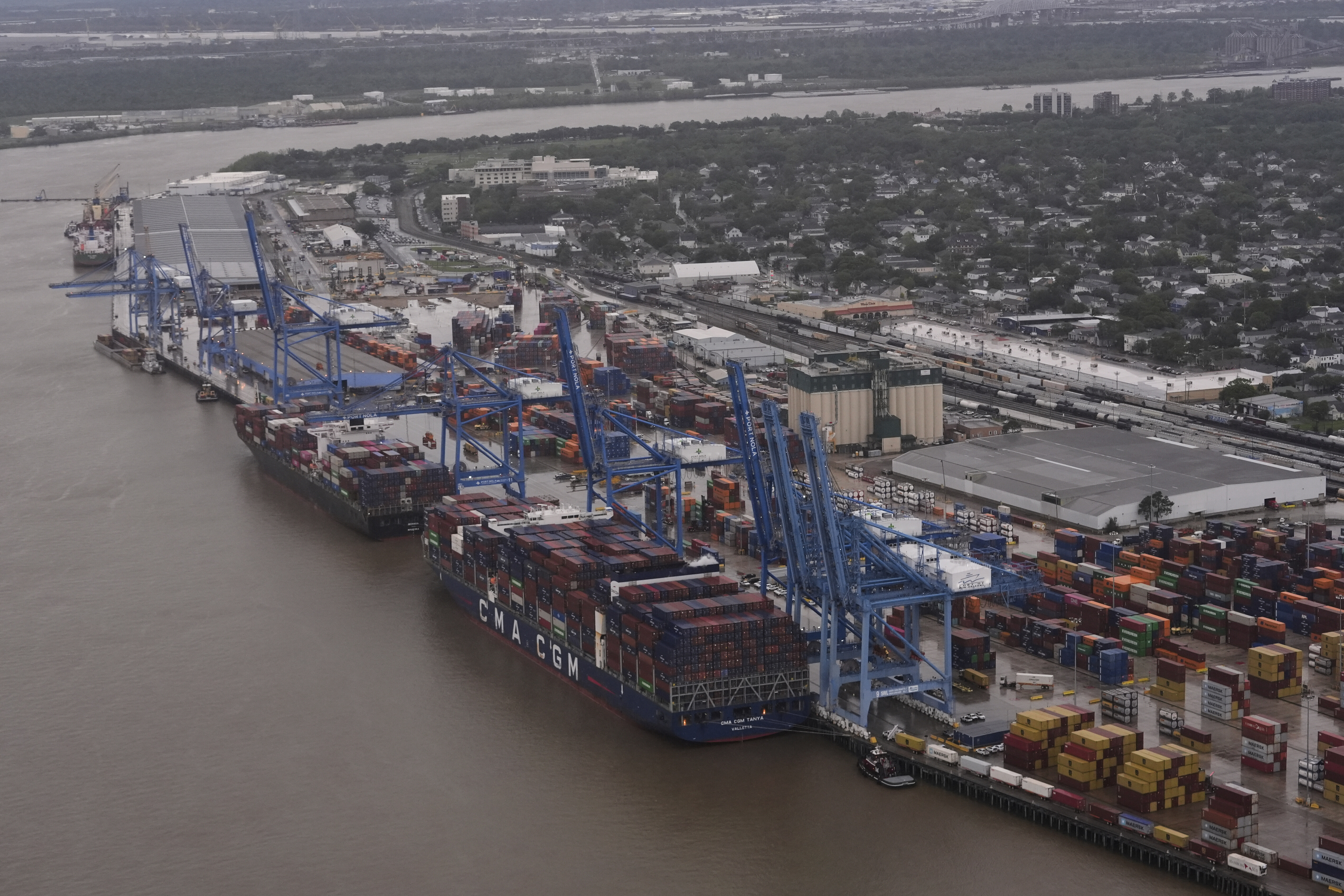The nuclear talks with Iran have two meanings. For those highly skeptical of the process the talks are, or should be, about nuclear weapons -- and about preventing Iran from obtaining them. For the Obama administration, which is committed to the process, the nuclear issue is partly a pretext, something that must be finessed, in order to reach a strategic understanding with Iran.
There is a big difference between these two positions. The neoconservatives and hardline Democrats who form the bloc of skeptics have very little interest in a strategic accommodation with Iran. That, in their eyes, smells of appeasement and the desertion of America's traditional allies in the region, specifically Israel. They see this Iranian regime as altogether evil, and view Iranian President Hassan Rouhani as -- pardon the cliche -- a wolf in sheep's clothing. And because the regime is altogether evil, it cannot be trusted with any sort of nuclear capability that might one day lead to a weapons breakout.
The Obama administration sees Rouhani very differently. It views him as a potential Iranian Deng Xiaoping, someone from within the ideological solidarity system who can, measure-by-stealthy-measure, lead his country away from ideology and toward internal reform -- something that could, in turn, result in an understanding with the West.
The skeptics would throw Rouhani under a bus if that's what it would take to kill a deal they fear will lessen the economic sanctions on Iran without forcing it to kill its nuclear enrichment program. To the Obama White House, however, Rouhani may represent the last best opportunity for negotiation before Iran embarks further down a road that might lead to a U.S. or Israeli military strike.
Rouhani: Is he or isn't he a true change agent?
How one comes down on that question depends on how one views American power and interests in the Middle East. For the fact is, few people are objective about Rouhani himself. How can they be, given that so much about Iranian politics remains opaque, with the result that people read into him what they want?
Those skeptical of both Rouhani and the Iranian nuclear talks believe the United States must maintain geopolitical primacy in the Middle East and ensure a modicum of order there, as well as work forcefully to install more democratic-trending regimes. In addition, such people feel American military and political preponderance in the region is a grand strategy of sorts for which the public at home clearly has an appetite -- or should have. They blame the ongoing disintegration of Syria, the partial disintegration of Libya, and the endemic violent turmoil in Iraq as reflections of weak U.S. resolve to set these places to rights. They believe all this because, in their eyes, a stable Middle East is vital to U.S. interests.













